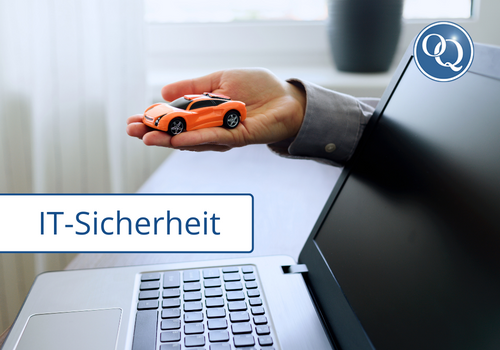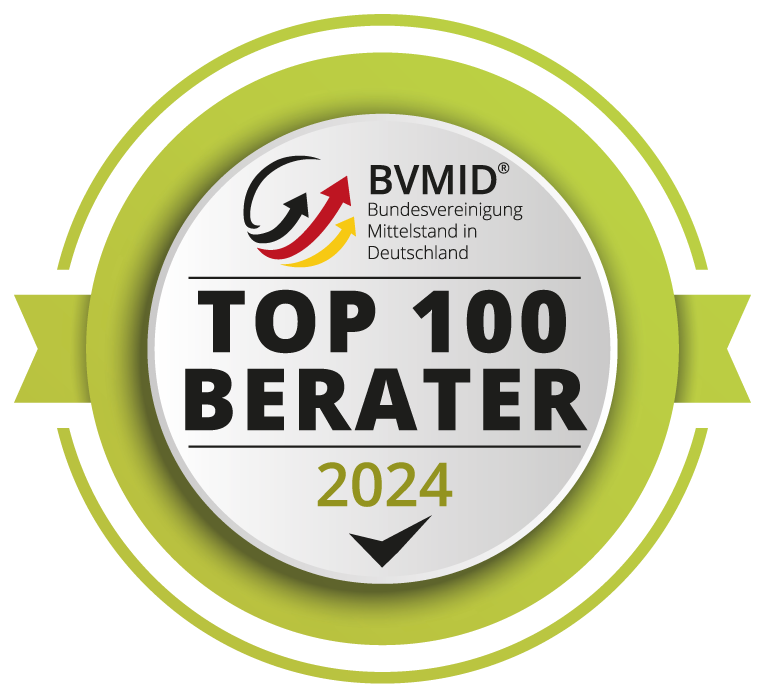Cyberattacks are now part of everyday life in the global newsfeed. There is hardly a day when you don’t read or hear about attacks on IT by cyber criminals. And in the recent past in particular, well-known companies in the automotive industry have fallen victim to such cyber attacks – we provide a brief outlook on the development of IT security in the automotive industry:
Cyber criminals are quite resourceful when it comes to identifying and exploiting new gaps in the digital corporate structure in order to create breaches – despite increasing investment in IT security. This is because the digitalization of vehicle technology and within production brings with it new challenges.
Ransomware continues to be one of the biggest threats to companies and organizations. Time and again, there are complete failures of computers and networks, but also of production systems. This recently happened at the well-known automation specialist Pilz, which was the victim of a hacker attack and whose production came to a complete standstill as a result, as reported by Handelsblatt on October 15, 2019.
According to the Federal Office for Information Security, the development of malware and attack methods remains highly dynamic. The large number of identity thefts, for example via social networks, and the gigantic amount of data leaked and published on the Internet are particularly noteworthy. From the point of view of prototype protection, this is of course a sore point, especially in the automotive industry. After all, what manufacturer does not want to make sure that its know-how and competitively important information remains where it is safe: within the company.
In order to ensure the integrity and security of a company and to strengthen trust in cooperation with partners, it is therefore important to encourage all employees of a company to act responsibly in digital matters and to take protective measures.
Companies should take a multidisciplinary approach that includes risk identification and mitigation methods to develop and improve plans for facilities, plant and equipment.
Since cyber security is not limited to support functions and office areas with computers, but also manufacturing uses computerized controls and devices that are vulnerable to cyber attacks, such areas must also be secured and protected. This addition drives the implementation of the necessary protective measures to ensure continued operation and production in accordance with customer requirements.
Our team of experts at OPTIQUM will be happy to advise you on how you too can meet the current and future challenges in the field of IT security and information protection effectively and immediately.

Please contact us:



